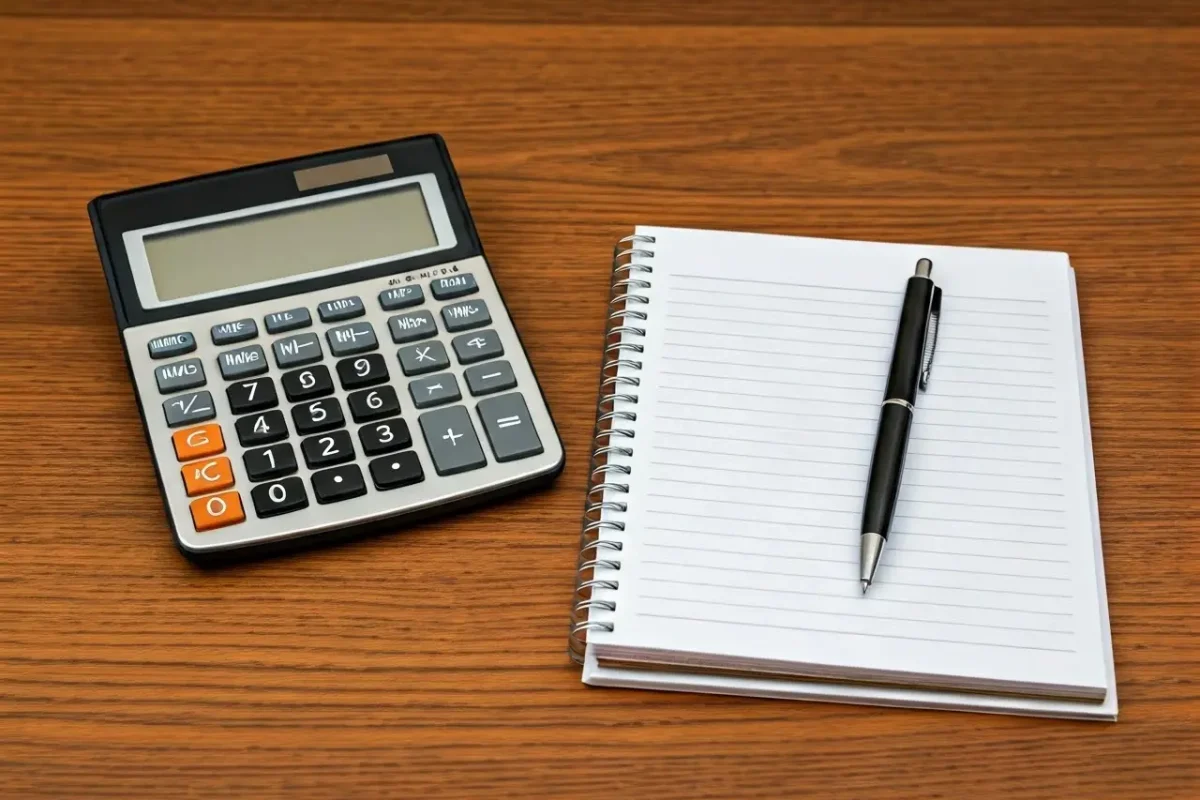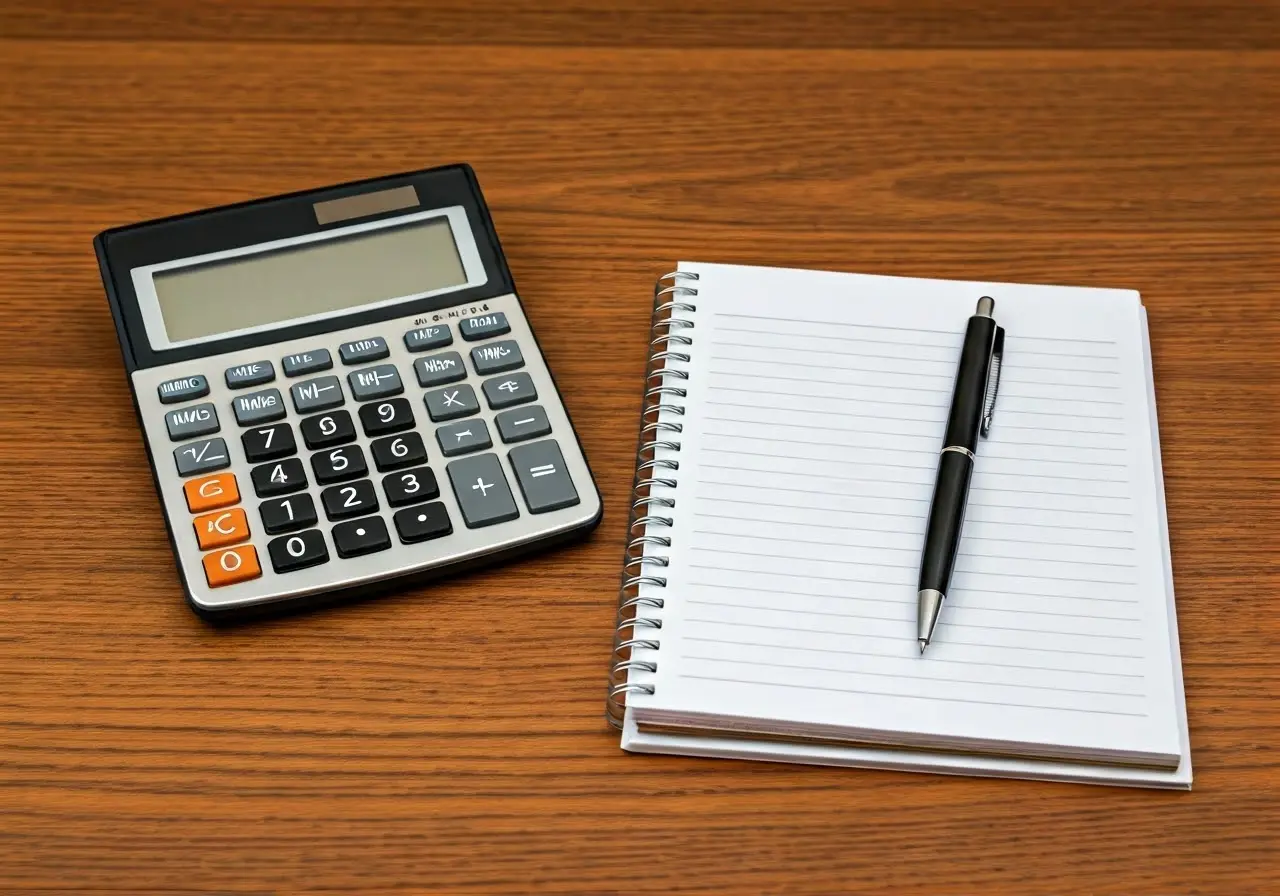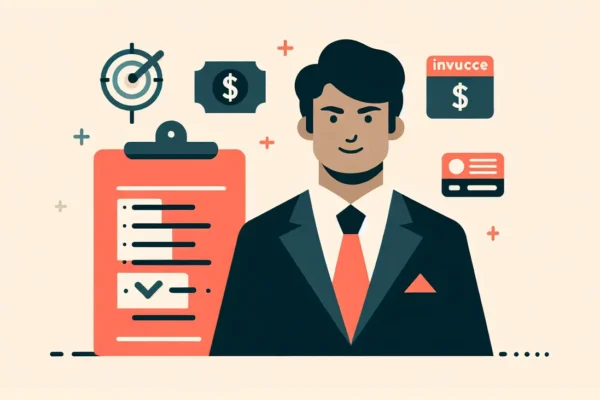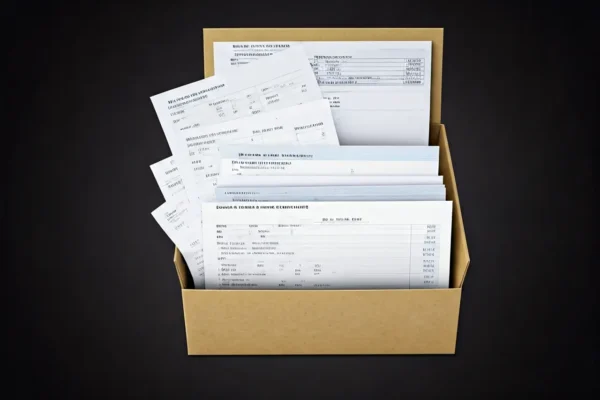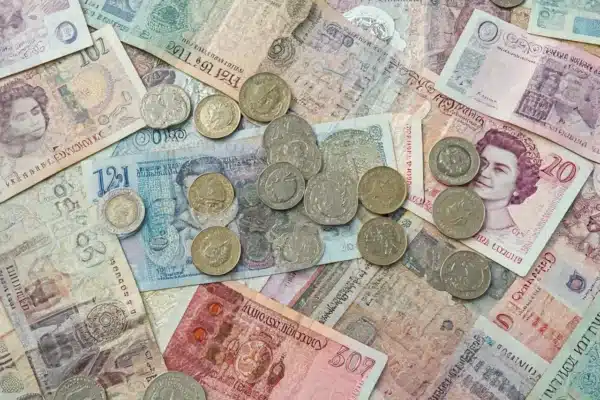Navigating the world of commercial debt collection can feel daunting, especially if you’re new to the process. This guide aims to simplify things with a friendly and easy-to-understand approach, helping you reclaim what’s yours while maintaining professional relationships.
What is Commercial Debt Collection?
Commercial debt collection refers to the process of recovering outstanding payments owed by businesses or corporations. Unlike personal debt collection, it involves different legal frameworks and business dynamics. Understanding these differences is crucial for effective debt recovery.
Imagine your company has provided services or products to another business under a mutual agreement. However, upon the due date, the payment doesn’t arrive. This is where commercial debt collection begins; it’s not just about asking for money, but strategically reclaiming what is owed while managing valuable business connections. The process involves implementing a series of communications and follow-ups, sometimes requiring legal action or assistance from third-party agencies. Remember, it’s about balancing assertiveness with diplomacy.
Identifying When to Begin the Debt Collection Process
Knowing when to start the debt collection process is key to success. Look for signs like overdue invoices, ignored communication, and consistent payment delays. Being proactive can prevent further financial strain on your business.
You might wonder, at what point does a commonplace billing issue become a concern worthy of escalation? The reality is, timing is everything in debt collection. Prompt action, based on clear policies, can be the difference between successful recovery and financial hardship. Regularly review accounts receivable to identify overdue payments. Establish clear internal thresholds for deciding when to escalate matters, ensuring that minor delinquencies don’t spiral into major losses. Establishing a systematic approach not only speeds up recovery but reduces strain on your financial resources.
It’s also important to establish and adhere to a consistent timeline for follow-up once a payment is missed. Begin with gentle reminders as the due date approaches, and escalate the tone and frequency if there is no response. Early intervention is key; anxiety often stems from delaying action, while proactive measures can alleviate uncertainty. Additionally, maintaining detailed records of communications with debtors is critical. This not only provides clarity for your process but also supports any necessary escalation to legal proceedings or a third-party collections agency, should it come to that.
Understanding the Debt Collection Process Step-by-Step
The debt collection process typically starts with polite reminders, followed by more formal communication. If these efforts fail, businesses may engage professional debt collection agencies or explore legal options. Knowing these steps can help streamline the recovery process.
In starting the debt collection process, the first step usually involves sending a friendly yet firm reminder when a payment is overdue. It’s important to keep the tone professional and supportive, indicating your willingness to understand any issues they may be facing. If there is no response or resolution, the next step may involve sending a formal demand letter. This document clearly outlines the amount due, any accrued interest, and potential consequences if payment is not made. This gentle escalation is respectful yet assertive, emphasizing the urgency and seriousness of the situation.
Following initial contact, if the debt remains unpaid, hiring a commercial debt collection agency could be your next step. These agencies leverage their expertise and resources to mediate between you and the debtor, often achieving higher recovery rates due to their experience and specialized tools. Alternatively, if you’ve exhausted all other efforts, legal action may be necessary. Before choosing this path, consider the cost-benefit balance and consult with legal experts to understand potential outcomes. The goal is to recover what’s due while maintaining your company’s reputation and resource allocation.
Effective Communication Strategies for Successful Debt Recovery
Communication is crucial in debt collection. Using a friendly yet firm tone, setting clear payment terms, and maintaining regular follow-ups can enhance your chances of recovering debts while preserving business relationships.
Effective communication strategies begin with empathy—recognizing the debtor’s situation while advocating for your needs. Start with an open channel—emails, phone calls, or in-person meetings—tailored to the debtor’s preferred mode of communication. With each interaction, stress the importance of this payment to the sustainability of your operations. Providing detailed breakdowns of the outstanding amounts, due dates, and any relevant contract terms fosters transparency and understanding. Regular check-ins, even post-collection, help nurture the relationship, emphasizing that your intent was always aligned with mutual success.
You should also practice active listening, allowing the debtor space to articulate any reasons behind delayed payment. This isn’t just about dollars and cents; it’s about building bridges towards resolution. Perhaps they are facing cash flow issues or administrative errors. Offering solutions, such as payment plans or slight adjustments to terms, demonstrates a willingness to collaborate and adapt. This balanced approach maintains respect and paves the way for successful resolutions, potentially securing continuous business dealings and minimal disruption in the relationship.
Knowing Your Legal Rights and Obligations
It’s important to understand the legal regulations governing commercial debt collection. Adhering to these laws protects your business from legal complications and ensures ethical handling of overdue accounts.
Navigating the legalities of debt collection can seem complex, but it’s crucial to arm yourself with knowledge to mitigate risks. Various laws exist, like the Fair Debt Collection Practices Act (FDCPA) in the United States, that delineate your rights and responsibilities as a creditor. Familiarize yourself with these frameworks and any relevant local laws that might apply, ensuring that your collection practices remain compliant. This understanding shields you from legal repercussions and enhances your credibility, conveying a message of fairness and professionalism to debtors.
Meanwhile, keep records meticulously, documenting all correspondence and actions relating to the debt collection process. These records form the foundation of any legal action, should it become necessary, and support your position in potential disputes. Remember, your approach should always embody transparency and compliance, aiming to resolve debts amicably when possible. By adhering to legal standards and demonstrating ethical practices, you establish your business as a reputable entity, increasing the likelihood of positive outcomes and fostering enduring business relationships.
Hiring Professional Debt Collection Services
For persistent or substantial debts, professional debt collection agencies offer expertise and resources that can greatly improve recovery rates. Choosing the right agency and understanding how they work is essential for effectively partnering in debt recovery.
When evaluating if a professional debt collection service is right for you, weigh the cost against potential recovery amounts. These agencies often operate on a contingency basis, meaning their fees are a percentage of the collected amount, aligning their success with yours. Choose an agency with industry experience and a reputation for ethical practices. Thoroughly vetting potential partners ensures they align with your values and business practices, preventing damage to your business reputation. Engaging with professionals doesn’t mean relinquishing control; it means leveraging their expertise to maximize your recovery efforts.
Once you’ve partnered with a debt collection agency, maintain an open line of communication to align strategies and understand their processes. Discuss your expectations and provide them with all necessary documentation to facilitate smooth operations. Remember, the agency’s role is to augment your collection efforts, offering insights, tools, and tried-and-tested methods to improve recovery rates. Their involvement enables you to focus on other core business functions, knowing that your debt recovery is in capable hands. In the long run, this strategic delegation can prove invaluable in maintaining your company’s financial health and fostering growth.
Wrapping Up: Empowering Your Business with Effective Debt Collection
Commercial debt collection doesn’t have to be a stressful ordeal. By understanding the process, employing effective strategies, and knowing your legal rights, you can recover debts with confidence and professionalism. Remember, the goal is not only financial recovery but also maintaining a healthy business environment.

